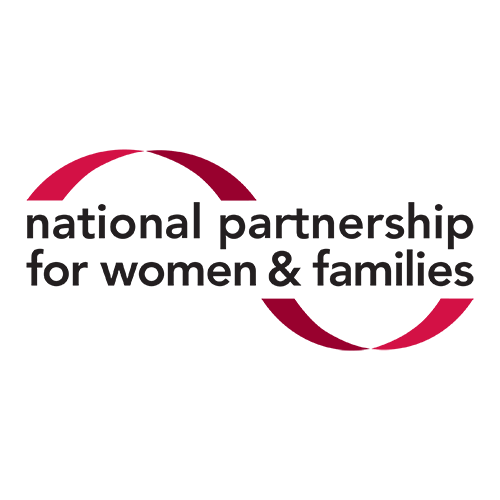Statement of Jocelyn Frye, President of the National Partnership for Women & Families WASHINGTON, D.C. – June 28, 2024 – Today, the Supreme Court upended sound, longstanding, legal precedent that has provided protections for everyday people for decades...

Building Better Health IT Tools for Family Caregivers
As we become immersed in the sights and sounds of the holiday season, there is a largely invisible group of people struggling to balance their daily responsibilities with the added stress of the holidays – family caregivers. I am one of 93 million1 family caregivers in the United States who will provide an estimated $522 billion2 in care for our loved ones. We are the perfect audience to both use and influence the development of health information technology. When you consider the hats that we wear: care coordinators, medical record keepers, medical decision makers, insurance navigators, medication administrators, and deliverers of complex medical care, we are perfectly positioned to benefit from health IT. But these emerging tools must support our specific information needs in order to become a permanent component of our caregiving toolbox.
Healthcare and social services information is the currency of the family caregiver. As it turns out, we need different information at different points in time, depending on the phase of caregiving we find ourselves in. I refer to this as the Caregiving Information Cycle.

Typically, a caregiver is either: dealing with a crisis, assisting a loved one through a care transition, or in maintenance mode – just trying to navigate day-to-day challenges.
In the Caregiving Information Cycle, a crisis refers to an accident, injury, or new diagnosis. Care transition refers to a new care setting or new phase of recovery/illness. Maintenance refers to a chronic condition or permanent disability. Family caregivers may find themselves in each phase of the Caregiving Information Cycle many times over the course of their caregiving experience. Our information needs change as we move between phases, sometimes quickly and unpredictably. To find out more about how technology developers can use this information framework to create health IT tools that empower family caregivers, as well as the elements of culture change necessary to create a healthcare ecosystem that embraces family caregivers, download the full white paper here.
- 1 Fox, Susannah, Maeve Duggan, and Kristin Purcell. Family Caregivers Are Wired for Health. Rep. Pew Research Center, 20 June 2013. Web. 16 Nov. 2014.
- 2 Amalavoyal V. Chari Ph.D., John Engberg Ph.D., Kristin N. Ray M.D. Assistant Professor of Pediatrics and Ateev Mehrotra M.D.,M.P.H. The Opportunity Costs of Informal Elder-Care in the United States: New Estimates from the American Time Use Survey. Article first published online: 7 OCT 2014

